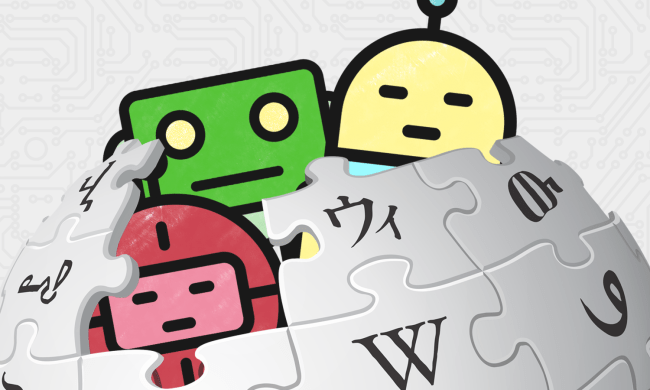Debate has always been integral to democracy. In its most beautiful form, a presidential debate is a meeting of minds, a moment when two or more upright and well-spoken potential statesmen argue over the fate of a nation and enlighten listeners about their policy positions. In its ugliest appearance, debate devolves into a charade viewed for entertainment rather than illumination, a circus performance full of eye-rolling, name-calling, and deflections.
A team of researchers at Northeastern University have taken on the task of predicting debate “winners” by deconstructing their arguments, hoping to encourage more meaningful meetings. The researchers aren’t focused on style but content — they’re concern isn’t with fancy rhetoric or theatrics but with sound reasoning. It’s an idealized outlook of debates but one they hope will help support the democratic practice.
To aid in their efforts, they developed an artificial intelligence algorithm that can pick out features of a strong argument. They trained the system on 118 Intelligence Squared debates and, simply by analyzing the argument, the algorithm was able to predict the winner nearly three-quarters of the time. A paper detailing their research was published in the journal Transactions of the Association for Computational Linguistics.
“Using just the debate transcripts, our model is able to predict debate … which side is likely to win over more audience support with around 74 percent accuracy,” Nick Beauchamp, an assistant political science professor at Northeastern and one of the project leads, told Digital Trends. “Many people have tried to predict debate winners before using only surface stylistic features, and ours uses all these sorts of features as well — sentiment, abstraction, sentence complexity — but using those things only gets you about 66 percent accuracy. It’s only when you add in this notion of latent arguments and argument strength that you able to predict winners so accurately.”
Despite focusing mainly on the strength of arguments, the researchers found that certain stylistic features appeared in more winning debates. Namely, concrete language (nouns, verbs, numbers) and simpler sentences. Stronger arguments also emphasize more negative emotions like anger and disgust, while weaker ones feature more positive sentiments like hope and trust. Weaker debaters also tend to use “you” and I,” while stronger ones include “we” and “us.”
Beauchamp admits that predicting a presidential debate winner (particularly after the fact) has limited use in the real world. However, he sees some utility in using this type of tool to explore and explain how and why debates are won. He envisions such a tool providing real-time feedback to viewers during a debate, from highlighting a strong and sound argument to flagging a weak one.


